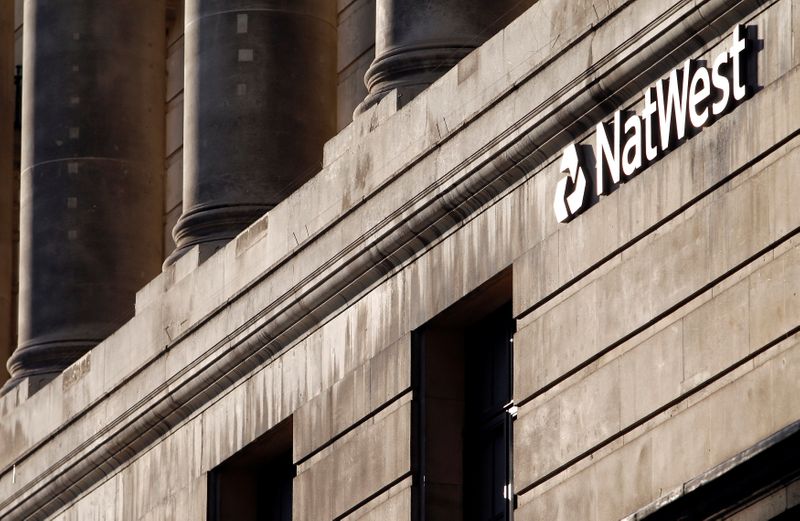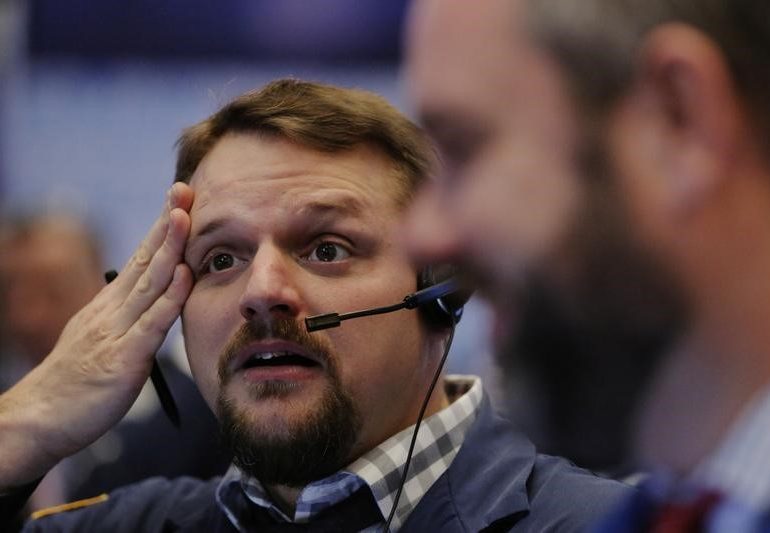 © Reuters. FILE PHOTO: A branch of NatWest Bank is seen in the City of London February 8, 2011. REUTERS/Chris Helgren
© Reuters. FILE PHOTO: A branch of NatWest Bank is seen in the City of London February 8, 2011. REUTERS/Chris Helgren2/4
By Susanna Twidale
LONDON (Reuters) – Four global banks will next month launch a pilot platform for buying and selling voluntary carbon credits, they said on Wednesday, the latest sign of growing interest from the financial community in the burgeoning carbon offset market.
A private sector task force on scaling up the voluntary carbon market said earlier this year the market will need to grow 15-fold to meet goals set under the Paris climate agreement and could be worth $5-$50 billion by 2030.
Britain’s NatWest Group, Canada’s Canadian Imperial Bank of Commerce, Australia’s National Australia Bank (OTC:) and Brazil’s Itaú Unibanco said their Project Carbon initiative would help create a more liquid market for carbon offsets and help clients to manage risks associated with climate costs.
“Climate change is one of the most important challenges of our time. We’re helping our business and personal banking customers to understand and reduce their carbon footprints through partnerships like Project Carbon,” said Alison Rose, chief executive officer of NatWest Group.
The platform will enable buyers to fully trace which projects the carbon credits have come from and act as a record of ownership of the credits, the banks said in a joint statement.
It will also look at how blockchain technology can be used to trade credits and help to make the market more accessible to customers.
“The team is keen to invite like-minded institutions to join the cohort to help deliver a shared service platform that the group believes will be fundamental to the scaling of the Voluntary Carbon Market,” the banks said.
Fusion Media or anyone involved with Fusion Media will not accept any liability for loss or damage as a result of reliance on the information including data, quotes, charts and buy/sell signals contained within this website. Please be fully informed regarding the risks and costs associated with trading the financial markets, it is one of the riskiest investment forms possible.

